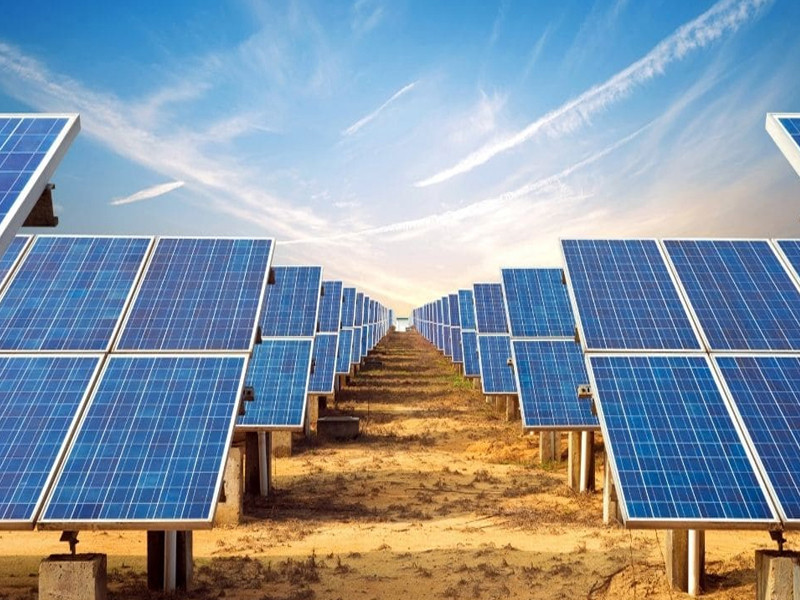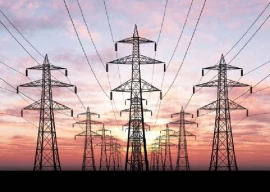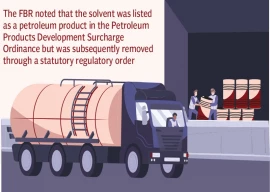
Energy experts assert that solar energy adoption in Pakistan not only reduces reliance on fossil fuels and lowers energy costs but also enhances access to electricity in remote areas, creates jobs, and supports environmental sustainability, leading to a more resilient energy sector.
Discussing government policies and incentives, the experts commend the government's initiative of incentivising solar energy through net metering. However, they caution that, as seen in developed countries, relying solely on solar energy can only contribute up to 20% of total grid capacity without negatively affecting grid health. To address this foreseeable issue, they suggest the government should incentivise the use of Li-ion batteries alongside net-metered connections. Managed effectively, these batteries could be used to tackle the capacity payment issues currently plaguing the power industry. Users with batteries could be encouraged to export stored energy at different times based on load requirements, which could allow older power plants, currently kept running for spinning reserves, to be taken offline, thereby reducing capacity payments.
Among the key players in the solar market are three leading brands: LONGi, Canadian Solar, and JinKoSolar.
Solar Technology Expert Usman Suhail emphasised the importance of policy incentives, grid infrastructure enhancement, and increased investments in renewable energy. He also highlighted the potential for local manufacturing and the role of Corporate Social Responsibility (CSR)-driven investments in diversifying Pakistan's energy mix and securing its energy supplies.
Suhail further pointed out that opportunities in the country's solar sector include rising energy demand, abundant sunlight, government support, decreasing technology costs, and local manufacturing potential.
Addressing the latest advancements in solar technology, Suhail noted that the Hi-MO X6 Max offers solutions to Pakistan's specific challenges, featuring anti-soiling technology for dust and enhanced performance in high temperatures, ensuring consistent energy output and durability. He stressed that while solar energy is crucial, it is not the only solution; a combination of wind, hydropower, biomass, and energy efficiency measures is necessary for a sustainable energy future in Pakistan.
Solar Energy Sector Expert Osman Mohammad Maud, who is also LONGi Pakistan Central Asia Region Products and Solutions Manager, highlighted the main challenge of maintaining grid health amidst widespread solar and wind integration. He suggested that large-scale battery banks (100+ MWh) at the power plant level could provide the stability needed for the grid. While this might increase capacity payments initially, it would reduce the foreign exchange used for fuel and the need for fuel price adjustments required for thermal power plants in the long run.
Maud explained the benefits of decentralised power, which eliminates the need for large power plants and extensive transmission lines to power remote areas. He also underscored the importance of recent high-efficiency solar technologies, such as LONGi's Hi-MO6, Hi-MO X6, Hi-MO 7, and other TOPCon technologies, which optimise the use of available space and improve electricity production.



















COMMENTS
Comments are moderated and generally will be posted if they are on-topic and not abusive.
For more information, please see our Comments FAQ